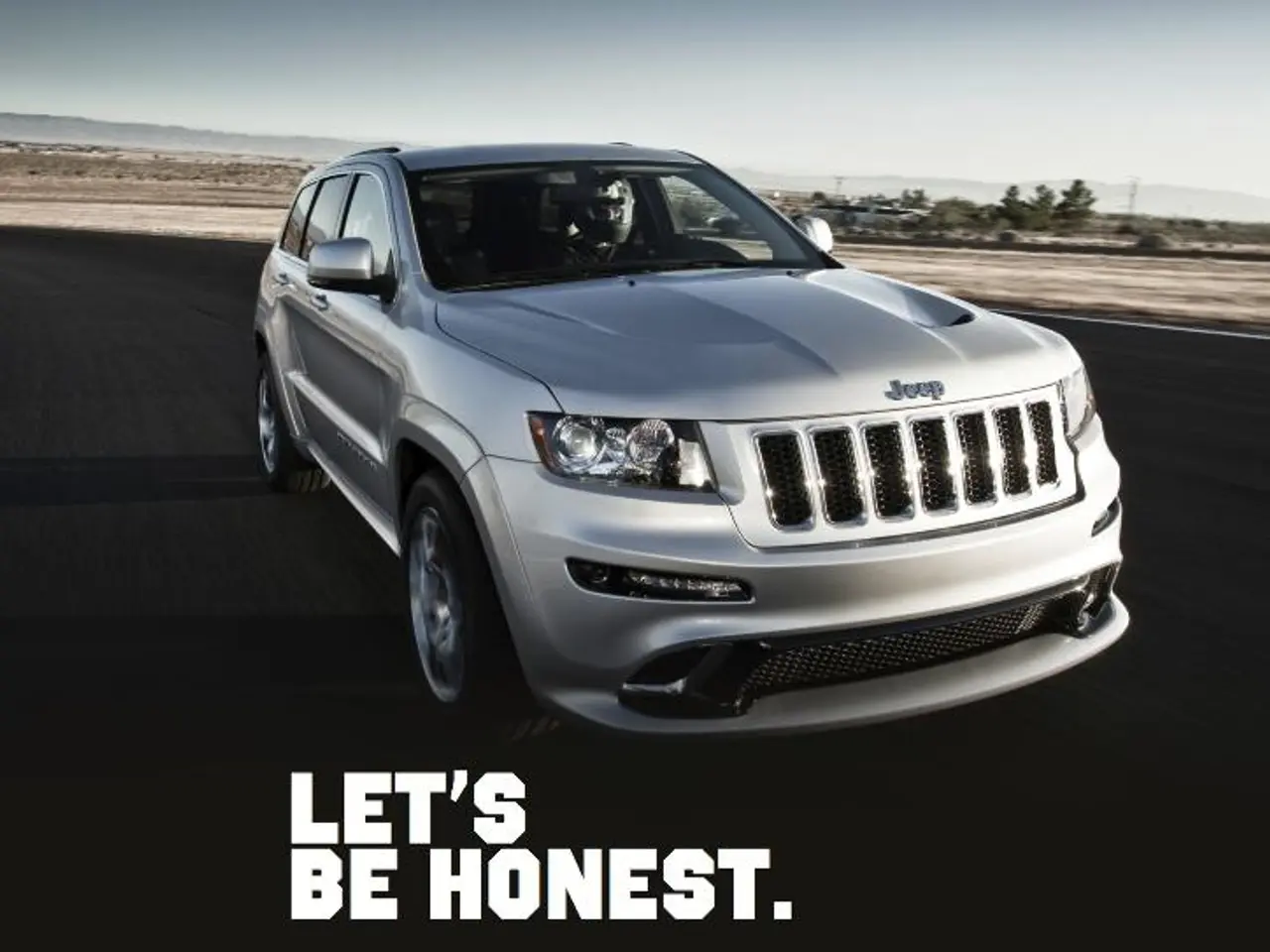Primary worries of high-end German auto manufacturers
In the world of luxury automobiles, German brands such as Mercedes-Benz, Porsche, Audi, and BMW are currently navigating a challenging landscape. Profit declines, difficulties in the Chinese market, and the impact of US tariffs and the shift to electric vehicles (EVs) are putting pressure on these iconic brands.
The first half of the year has seen significant profit declines for Mercedes-Benz, Porsche, and Audi, with BMW facing pressure but managing to maintain sales relatively steadily. The drop in profits is partly due to falling sales in China, where German brands have lost market share to local competitors like BYD amidst China's rapid electrification push.
China's fast transition towards electric vehicles, supported by government industrial policies, has favored domestic manufacturers and disrupted German brands' long-standing dominance. Volkswagen, Audi, and Mercedes, once strong in China, now face tougher competition, especially in the EV segment. This market dynamic continues to cap growth potential and reduce profitability for German premium brands.
US tariffs on vehicles and parts have also hampered demand and increased costs. The impact of these tariffs pressures the German premium segment, as price-sensitive customers in North America may reduce purchases amid tariff-driven price hikes. The tariffs also threaten global supply chains, especially for expensive EV components and batteries, raising the cost of electrification efforts.
German brands were initially defensive and slower in adopting electrification compared to some rivals, which has contributed to losing ground in markets where EV adoption accelerates, notably China. However, new electric models are expected to help improve their competitiveness and stabilize sales, though these investments in innovation weigh on short-term margins.
Looking ahead, industry experts expect little immediate turnaround in 2025, with continued squeezed margins and subdued profit levels. However, new model launches could help slow or reverse declines, especially in China. A medium-term trend is a shift of production and development facilities towards the US market, reducing dependence on Germany as a production hub.
Despite these challenges, BMW managed to deliver 1,207,388 cars of the three brands BMW, Mini, and Rolls-Royce in the first half of the year, which was half a percent less than in the previous year. Porsche's operating profit in the car business, excluding financial services, fell by almost 91 percent, and the group's surplus from January to June was 718 million euros, a drop of over 71 percent compared to the previous year.
Mercedes-Benz's result for the first half of the year plummeted by more than half, from around 6.1 billion euros to around 2.7 billion euros. Audi's profit for the first half of the year fell by 37.5 percent to 1.3 billion euros. Provisions were made for the announced reduction of approximately 7,500 jobs in Germany at Audi, and Porsche plans to cut jobs in the Stuttgart region and negotiate another savings program in the coming months.
In conclusion, German premium automakers are adapting strategically but will likely endure squeezed profits and competitive challenges through 2025 and beyond. The premium German carmakers face significant near-term headwinds, but new models, electrification acceleration, and production shifts toward the US are seen as vital for future resilience.
Here are two sentences that contain the given words and follow from the text:
- Finance and transportation sectors have become crucial factors affecting the profitability of luxury automotive brands like Mercedes-Benz, Porsche, Audi, and BMW, as US tariffs on vehicles and parts increase costs and disrupt global supply chains for expensive EV components and batteries.
- The sports industry, particularly in China, has witnessed significant shifts due to the rapid transition towards electric vehicles, with the emergence of domestic automotive brands like BYD gaining market share from German brands such as Volkswagen, Audi, and Mercedes, who once held a strong position but now face tougher competition, especially in the EV segment.




